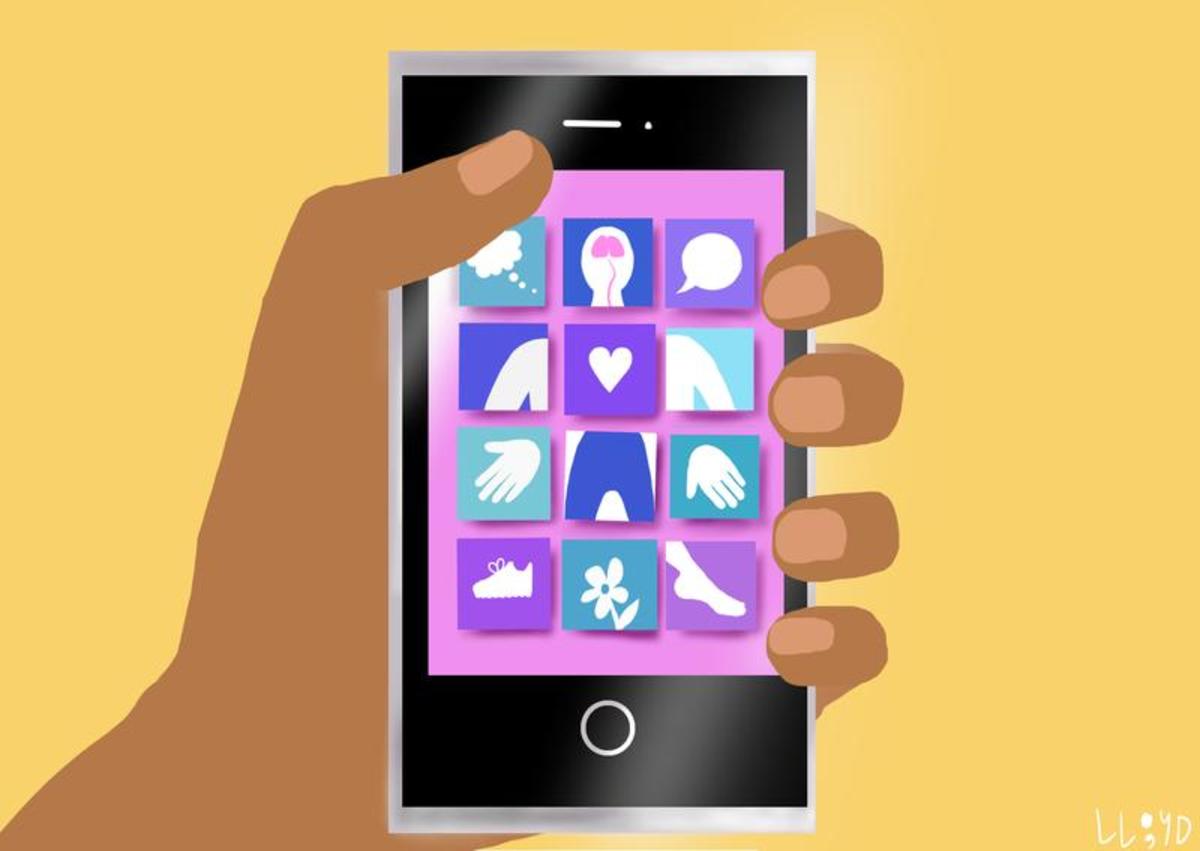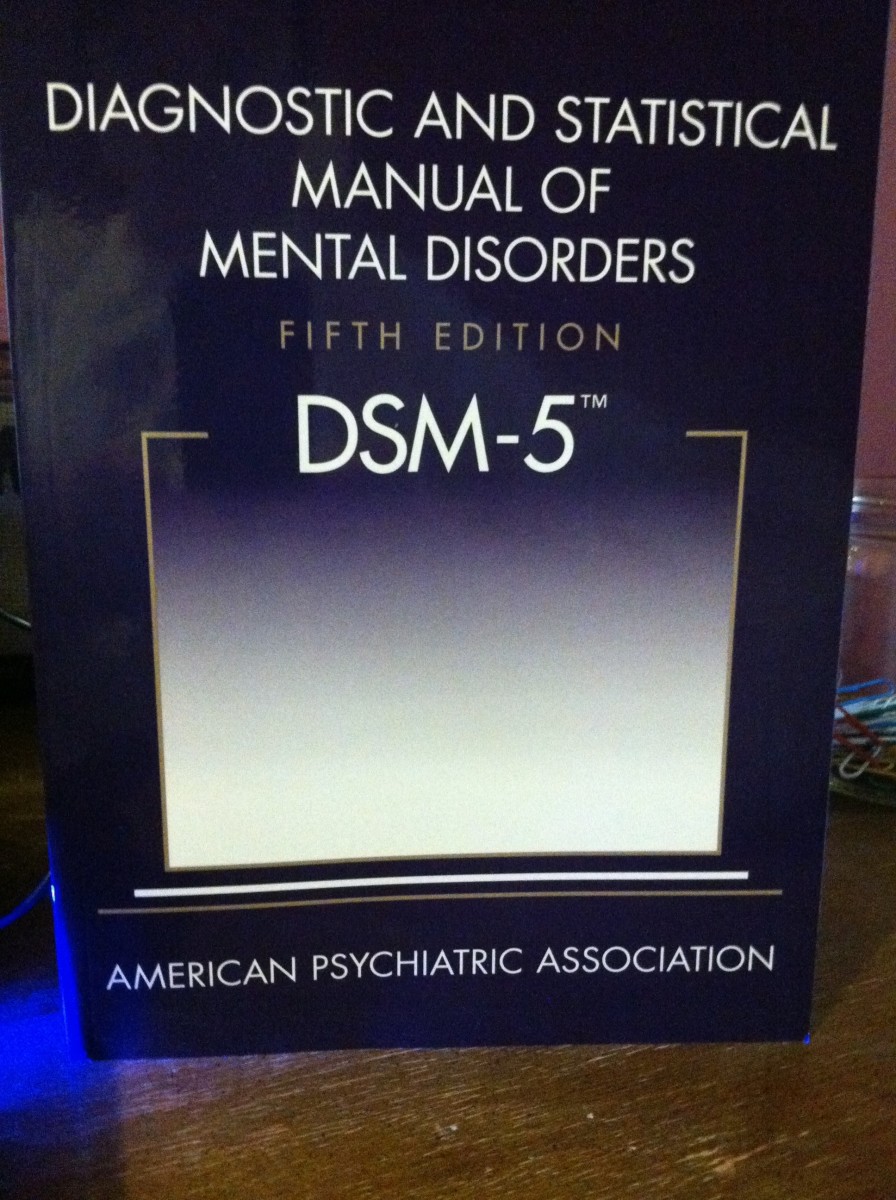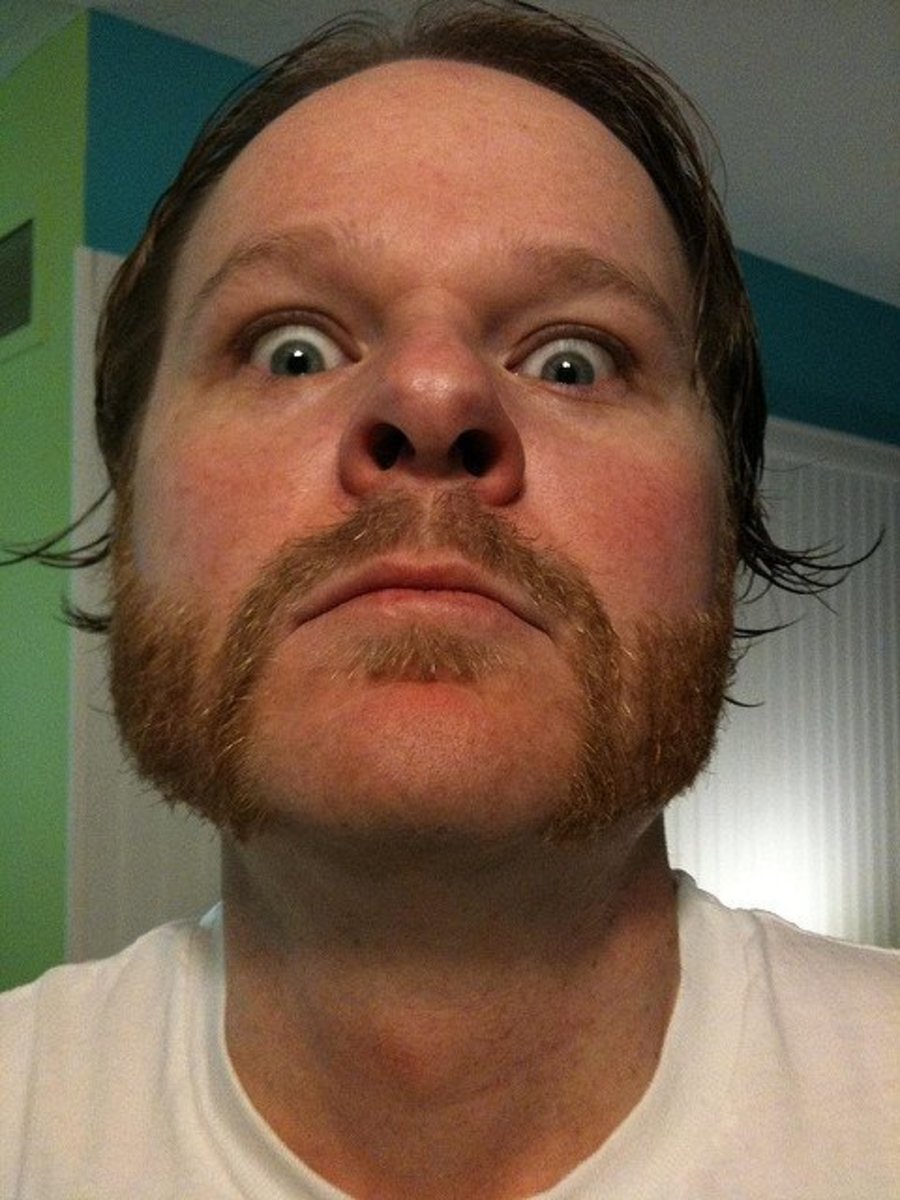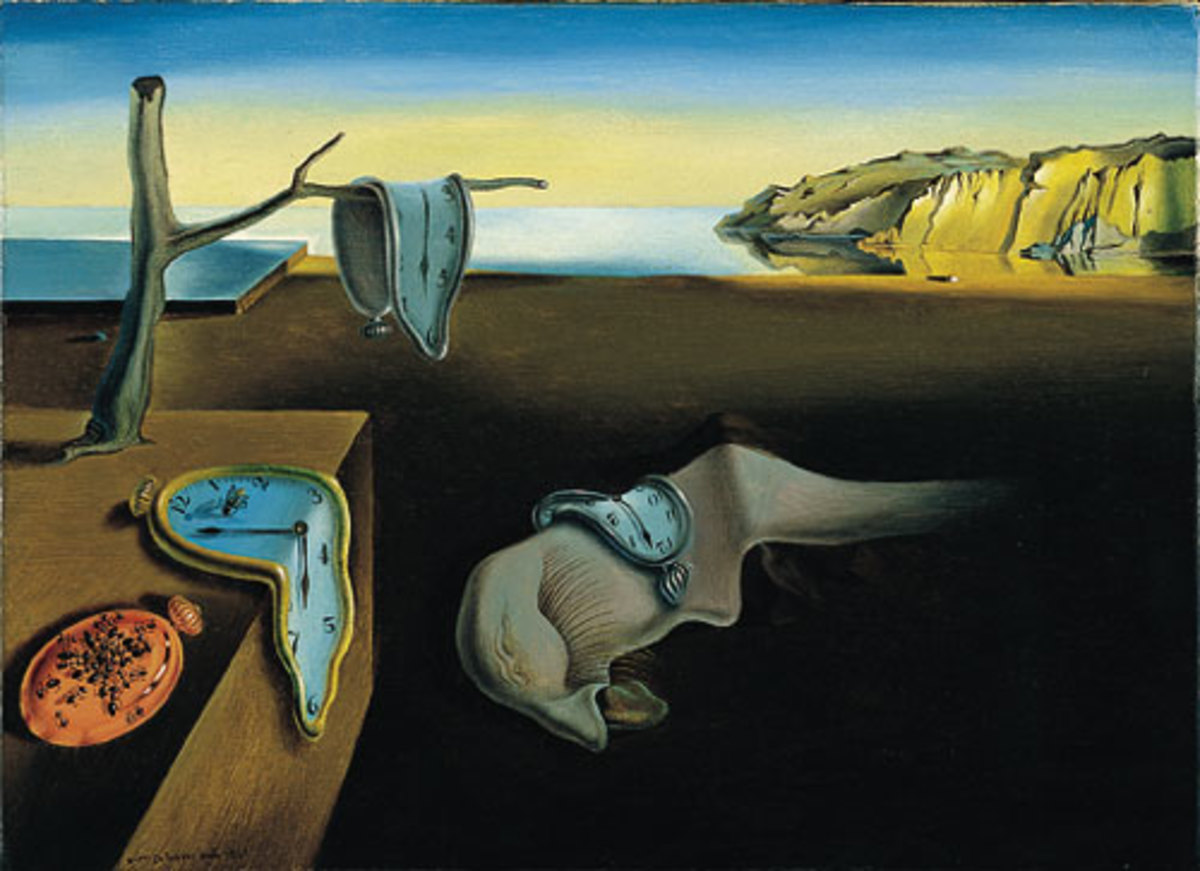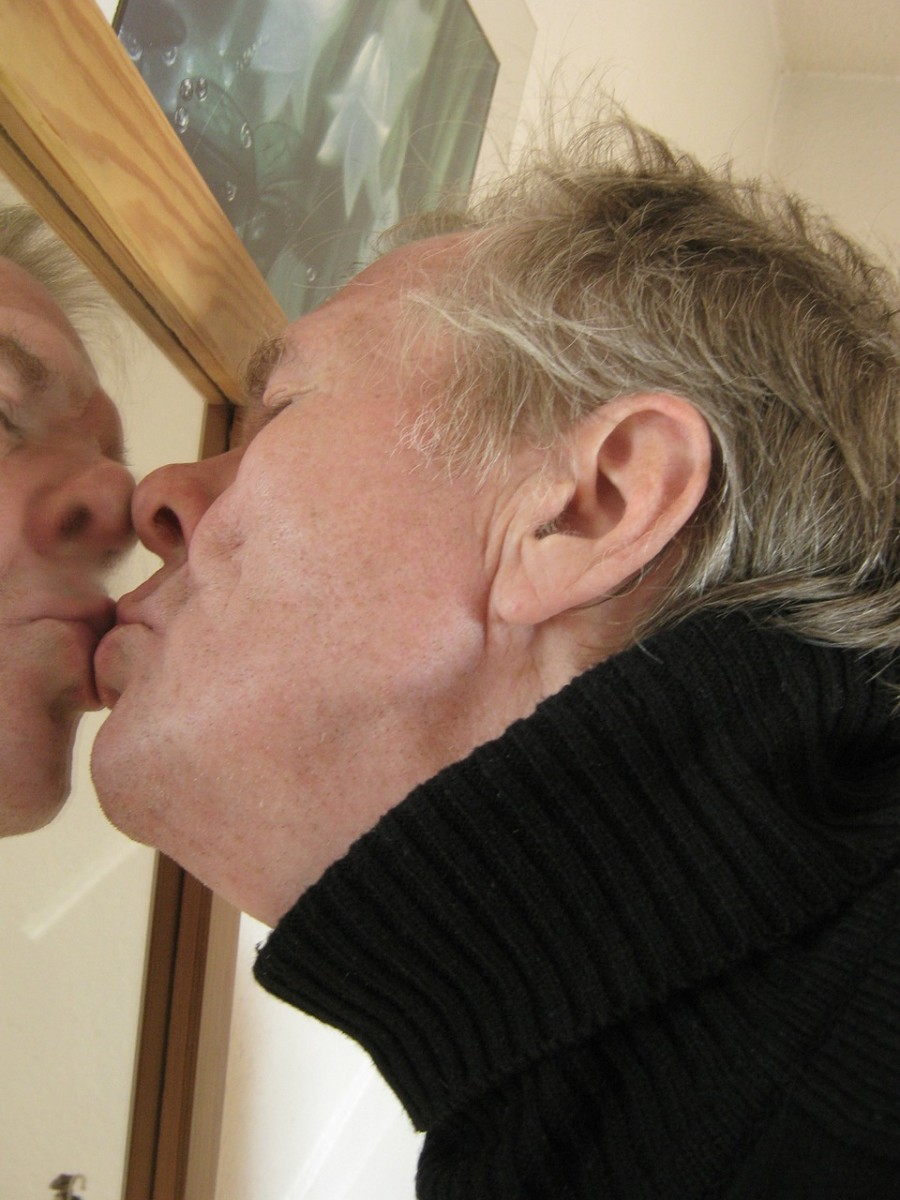How Body Dysmorphia Coexists With Other Mental Health Disorders

What Is Body Dysmorphia
First off it is important to identify what body dysmorphia is and is not. This is a condition classified currently as a mental health disorder, which is categorized with anxiety related disorders. Better known as BDD, body Dysmorphic Disorder is delineated by how one’s body image becomes distorted and unrealistic.
This is a disorder that is frequently confused with anorexia. The key differences between anorexia and BDD is that the latter is preoccupied with bodily flaws outside of weight alone. In fact, the concern is magnification of ones flaws to the extent that the person may seek out irrational ways of managing their anxiety linked to the perceived flaw.
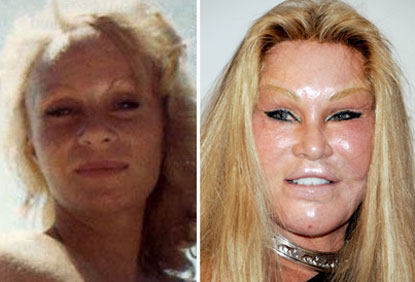
Social Factors
As social media and other media sources demand perfection many people are going to great lengths to achieve that idea of self-perfection. Also note that in today’s society there is a higher demand for plastic surgery. If that is not enough, every smart phone has the capability of removing skin flaws from pictures before sending or saving the image. In the end this is setting a precedence in society that anything physical either better be perfect or fixed.
Over the past years the increase in plastic surgery has skyrocketed. One symptom that is not listed below but deserves attention when thinking about BDD is an obsession with plastic surgery. Having one cosmetic surgery may not be a big deal. Though when it becomes excessive and hundreds of thousands of dollars have been spent on your seemingly perfect appearance and the humanness that was once on your face fades, that may be a problem.
Those with BDD have an increased risk for suicide and suicidal thoughts as a result of unrealistic views of personal flaws.
How is BDD Developed?
It is found that BDD could develop as a result of, but not limited to:
- Poor self-esteem
- Early childhood trauma
- Parental figures that focused on body image.
At this time measures to prevent BDD are unknown
Symptoms Of Body Dysmorphic Disorder(BDD)
The key elements of body dysmorphia include:
- Preoccupation with one or more perceived defects or flaws in physical appearance that seem slight to others.
- Repetitive behaviors such as mirror checking, excessive grooming, skin picking, comparing self to others, etc.
- The preoccupation causes significant distress or impairment in social life, work environment or other areas of functioning.
- Not explained by other diagnosis for an eating disorder.

Over The Top Self Focus
Being health or beauty conscious for countless people are not problematic and many times create an improved quality of life. Though the question becomes when is conscientiousness considered excessive. So let me break it down, when I draw the line between functional and problematic behavior I must first look at how much time is put into that particular behavior.
For example, are you always late for dates or appointments because you cannot find the right outfit or your hair will not come out just right. Do you spend a lot of time making sure that your exterior is always in place. Would you be mortified if someone told you that you have ink on your face as you wonder how long was that there and what an idiot I must be? Or better yet, a scar on your forehead that you have become preoccupied with over the years and spend 30 minutes piling on makeup to reduce the appearance of the fine line or wear bangs to hide it.
Though the above description was focused toward women, men also experience BDD. For example, do you spend and abundant amount of time at the gym, have a low amount of body fat, eat the right thing but your muscles are not as defined or large as your work out buddy’s. Do you compare yourself to other guys in the gym and wish you had their physique and work tirelessly toward that image where you lose track of time or other obligations.
Obsessive behavior may not even feel uncomfortable to the individual, yet it is probably at least unsettling to others in their life.
Other Mental Health Disorders
Quite often it is found that mental health disorders dislike flying alone, so they find a co-pilot in their journey. Since BDD is categorized with other anxiety related disorders it would make sense that depression and anxiety would likely be the top choice in co-pilots.
As the severity of the symptoms continue and treatment is not administered the disorder often becomes more intense and the symptoms then spill over into other diagnostic qualifiers. It is very common that one person will fall into several diagnostic categories especially with BDD since it has ties to anxiety, OCD and anorexia traits.
Often anxiety and depression disorders are found clustered together. So BDD is no different in that respect. It is typical to have another depressive or anxiety associated diagnosis in conjunction with BDD.
In addition, anorexia and other eating disorder diagnoses are likely to join forces with BDD since they are both related to body image, control and obsessive behaviors.
Anxiety
Anxiety is the most diagnosed mental health disorder in the US. The category for anxiety disorders are pretty vague and include multiple types of disorders. As mentioned previously BDD is also classified within anxiety disorders. However, in this part of the article the reference to anxiety disorders focuses on generalized anxiety disorder rather than a specific anxiety related disorder.
Anxiety Symptoms
Symptoms of anxiety are usually present for some time before the individual seeks help. The hope is that the symptoms will go away or they are not too severe. However, keep in mind that before being diagnosed with an anxiety disorder the below symptoms must be present for at least 6 months. These symptoms must create marked distress and significant impairment in social, occupational or other areas of life. Symptoms include:
- Restlessness
- Easily fatigued
- Difficulty concentrating or going blank
- Irritability
- Muscle tension
- Sleep disturbances
Documentary About BDD
Depression
One of the most known and advertised mental health disorders is depression. Depression affects 6.7 percent of the U.S. population in any given year and is the number one cause of disability in this country. Depression is a significant factor when discussing suicide. As mentioned above those with BDD have an already increased risk for suicide. Depression with BDD is repeatedly associated to the shame or negative emotions connected to the perceived flaw.
Depression Symptoms
Symptoms of depression are very clear most of the time and are relatively easy to diagnose and treat. Those symptoms include (over a two week period):
- Sad, emptiness, hopelessness
- Marked reduced interest in pleasurable activities
- Significant weight loss or gain without trying
- Insomnia or hypersomnia
- Body movements are slowed compared to past
- Fatigue
- Feeling worthless
- Diminished ability to think, concentrate or an increase in indecisiveness
- Recurrent thoughts of death or suicide
This article is meant for informational purposes alone – if you or someone you know is thinking about suicide immediate attention is required. Please call 911 or your local emergency dispatch or go directly to your local emergency room.
Anorexia
Anorexia is an eating disorder categorized with mental health disorders. A person with anorexia sees themselves in a negative light when thinking about their weight or seeing themselves in a mirror. Their perception is heavily distorted in a fashion that they run the risk of health related concerns due to low body weight. Such as gastrointestinal, dental, skin, hair and menstrual cycle concerns. In addition, if not treated damage to the internal organs can occur. Again the concern with anorexia is the element of weight, body size, fat content, etc.
Anorexia Symptoms
As previously noted there are significant differences between BDD and anorexia, though as mentioned above many times they coexist.
Symptoms are:
- Restriction of food and energy sources leading to significant weight loss
- Intense fear of gaining weight or becoming fat
- The lack of regard that the low body weight is dangerous
Available Treatment
All the mental health disorders mentioned above can be treated and have a great deal of literature about their success in treatment. However, in BDD the distorted body image that a person carries must be changed and a new image created and accepted. Otherwise, treatment is very difficult. Far too often, both BDD and anorexia have many challenges in terms of treatment because the person struggles with changing their internal self-image.
Common treatments for all the above disorders whether they are stand alone or combined would include talk therapy and quite possibly some medication. Cognitive Behavioral Therapy (CBT) is very effective when trying to alter and change inaccurate thoughts and ideas of self. Medication is a known source of treatment when attempting to regulate the obsessive behavior, anxiety and depression.
References
American Psychiatric Association. (2013). Diagnostic and
statistical manual of mental disorders (5th ed.). Washington, DC:
Author.
Anxiety and Depression Association of America: Facts & Statistics. 2014. http://www.adaa.org/about-adaa/press-room/facts-statistics



